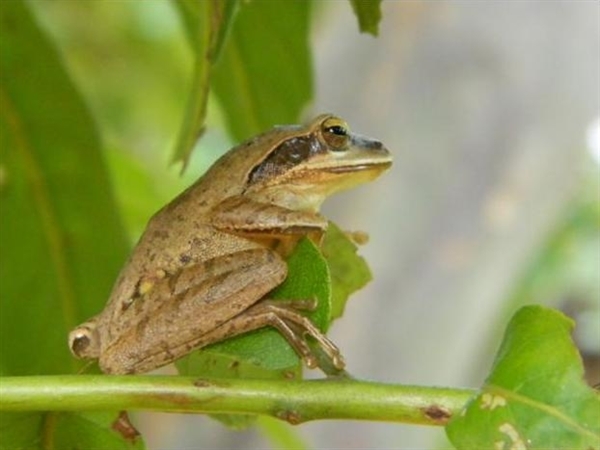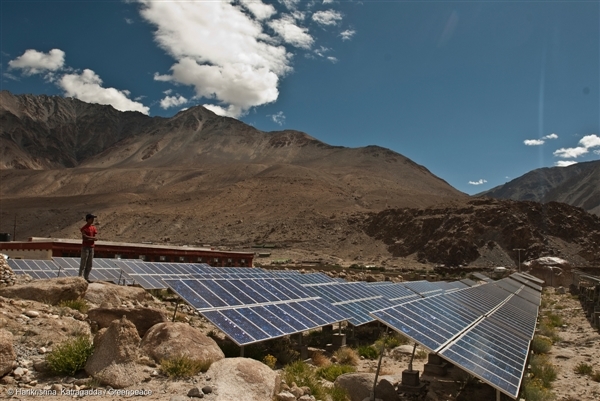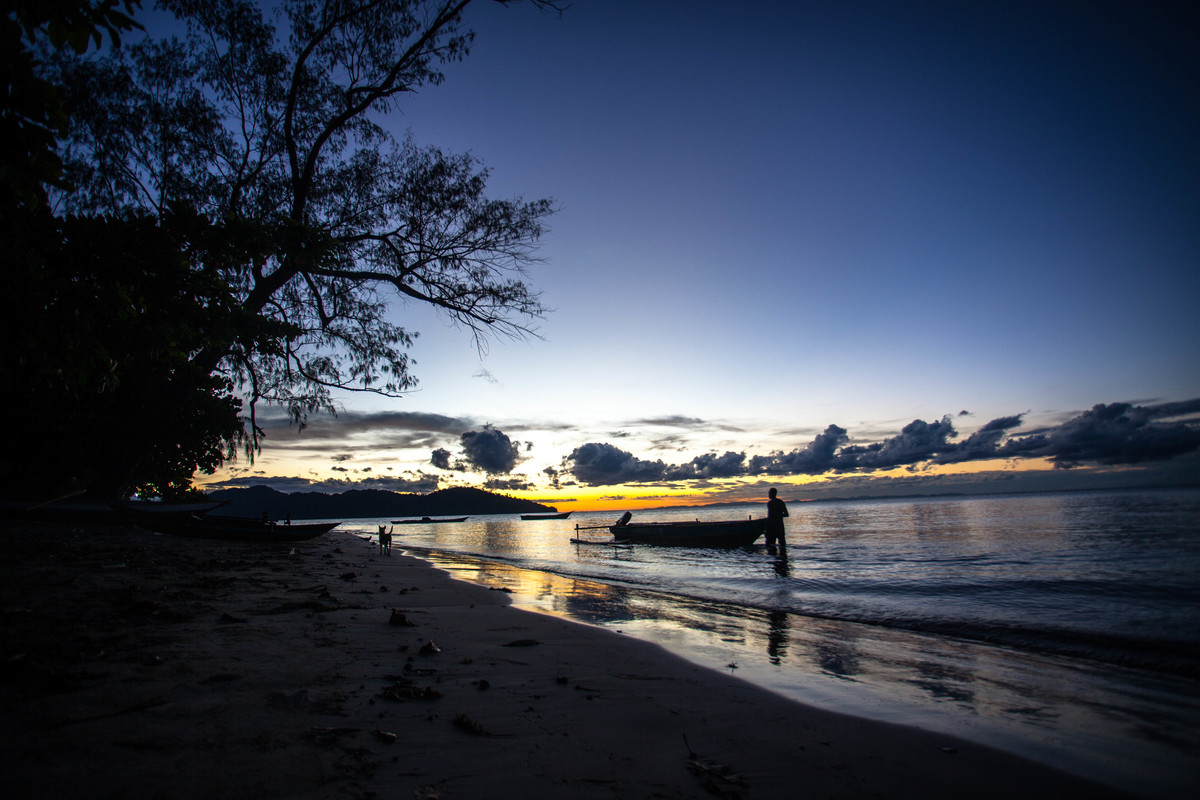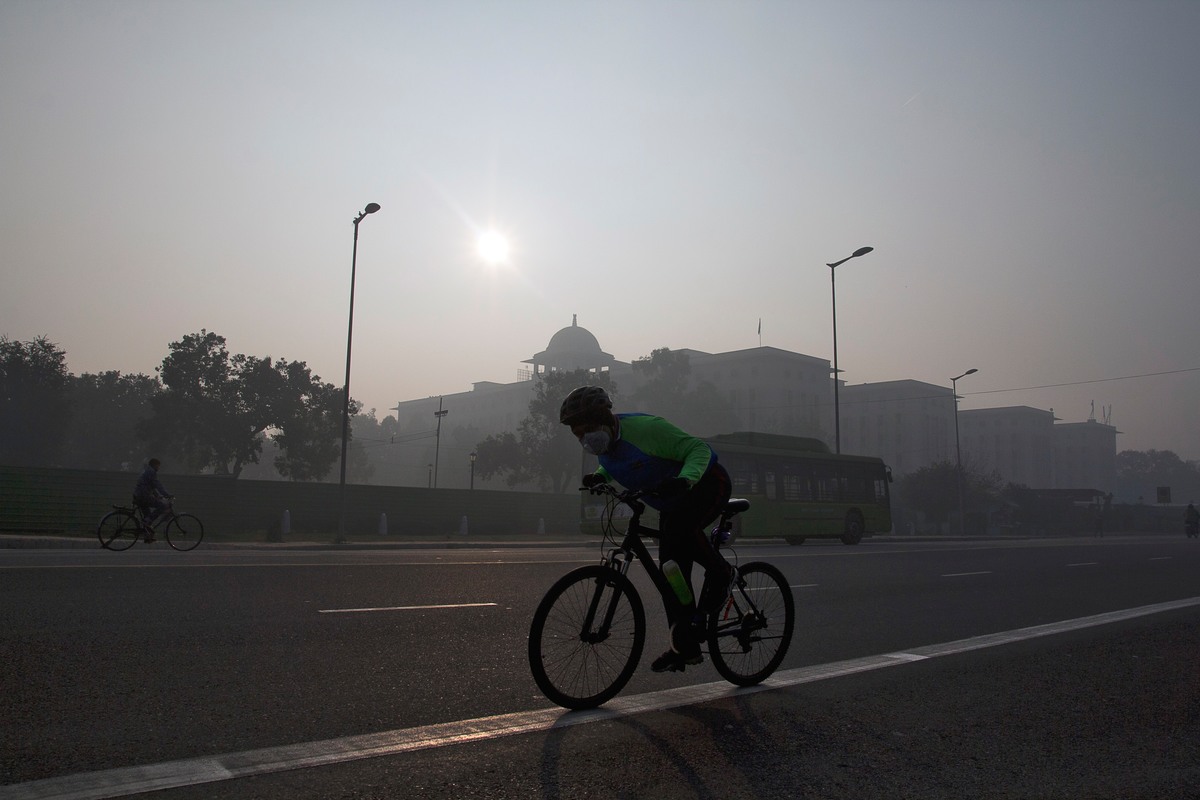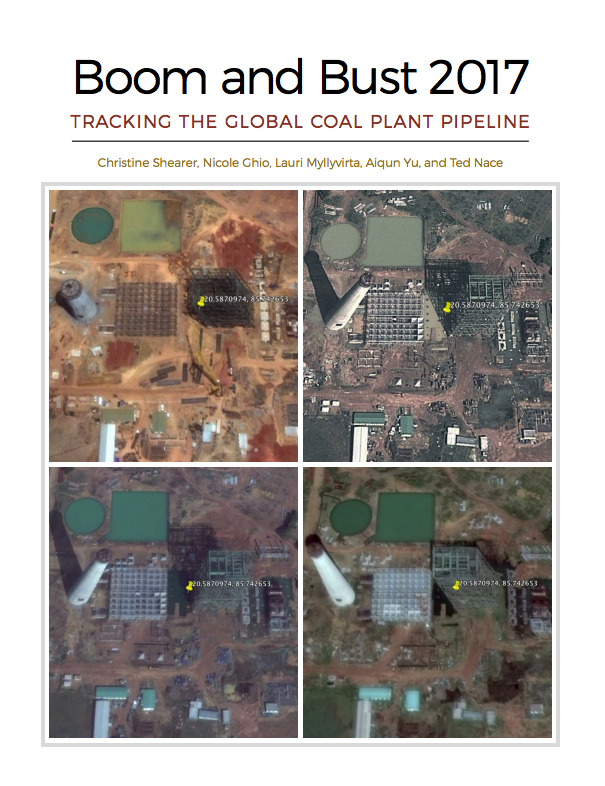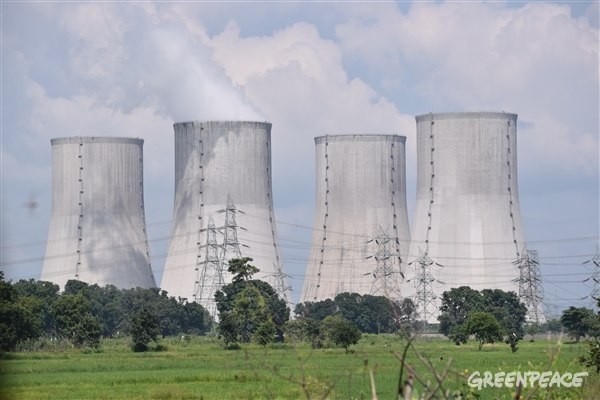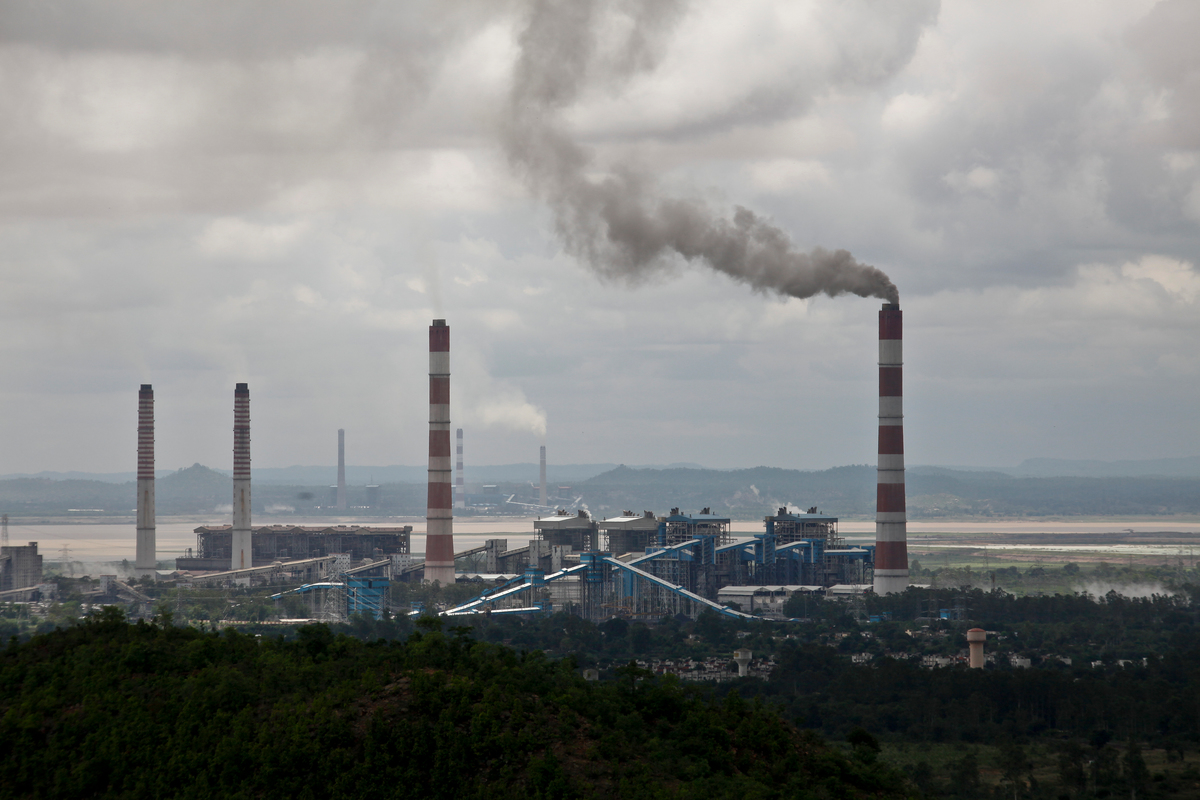-
Sundarbans: World’s Largest Mangrove Forest At Stake
The Sundarbans is a cluster of low lying islands in the Bay of Bengal spread across Bangladesh and the West Bengal region of India. It is the largest single block mangrove forest in the world and home to hundreds of species
-
Going Solar – A Great Investment Plan
India is emerging as a world leader in solar. As the third largest solar market globally1, a market that is growing by 90%, making the potential of solar in our country quite tremendous. Prime Minister Modi inaugurated the International Solar Alliance - an alliance of solar potential rich countries - on the first day of…
-
Sun – The Ultimate Source Of Our Energy
‘Connecting People to Nature’, is the theme for World Environment Day 2017.
-
Delhi makes way for a Solar Comet on World Environment Day
A Greenpeace India initiative, the house on wheels, fitted with necessary household appliances running on rooftop solar panels, will tour Delhi to raise awareness and increase uptake of solar power among residents
-
8 problems with the GM Mustard commercialisation shown in GIF
1. India signed the Cartagena Protocol* aiming to protect biodiversity and provide biosafety in 2003, but now, is keen to give the go ahead to GM Mustard (straight road to monoculture)
-
Metros slow to switch on the sun
Indian cities lag far behind in installing rooftop solar: Greenpeace Analysis New Delhi | May 23, 2017 | Despite policies and net metering guidelines in several states, a subsidy of…
-
Up In the Air: Cyclists See A New Future in Delhi
There are many kinds of cyclists. But when it comes to cycling, we share an unspoken bond – income, colour and origin don't matter.
-
Boom and Bust 2017 – Tracking the global coal plant pipeline
A Greenpeace report explaining how construction is currently frozen in over 100 locations in China and India.
-
India’s Efforts to Tackle Air Pollution – Mere Tokenism
Thermal power plants are one of the major causes of air pollution in the country, especially in the Indo Gangetic Plain region (IGP). In December 2015, the Indian Government came out with a strict emission notification to control emissions from thermal power plants. According to the rules, all power plants are required to install emission…
-
India’s Efforts to Tackle Air Pollution – Mere Tokenism
According to the rules, all power plants are required to install emission control equipments by the end of 2017. Reports indicate that, most power plants are yet to take the basic steps towards compliance

